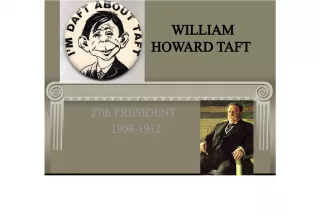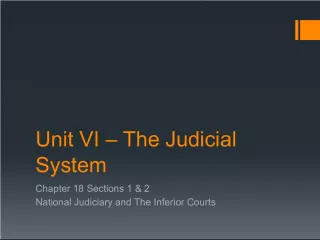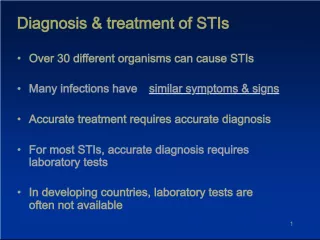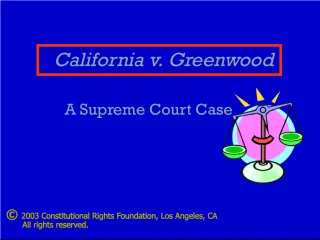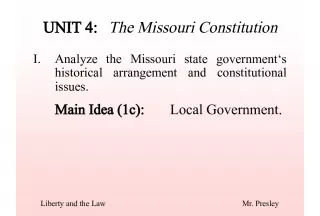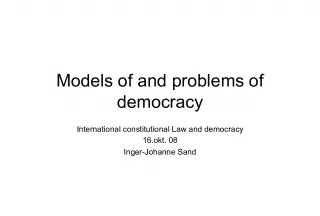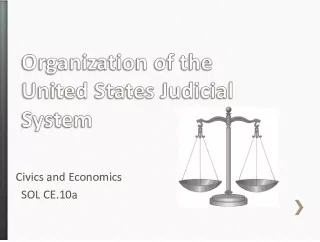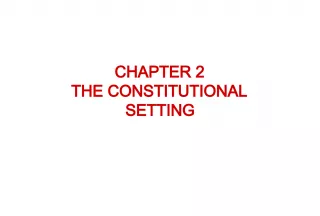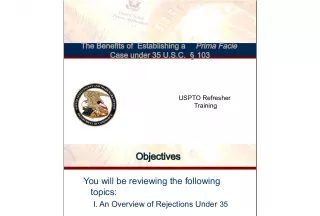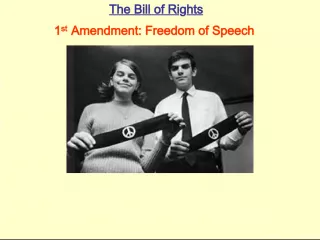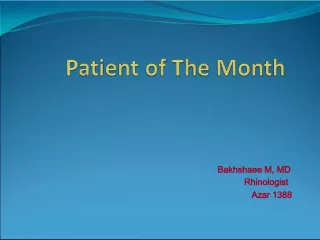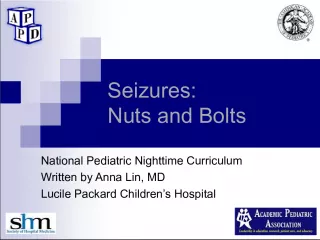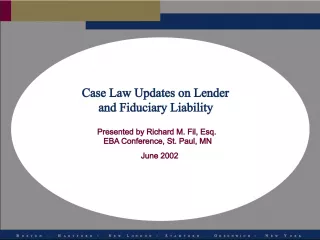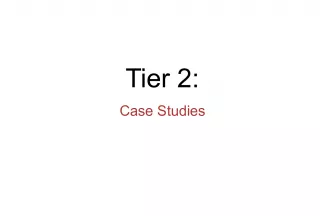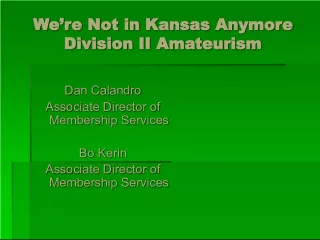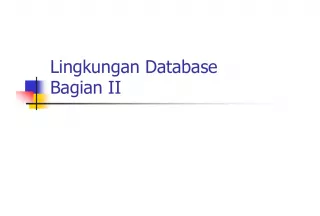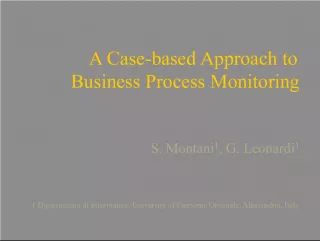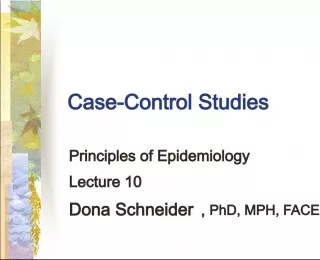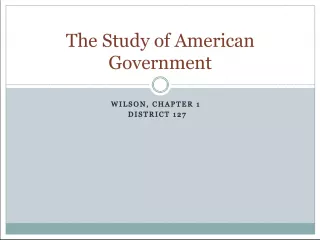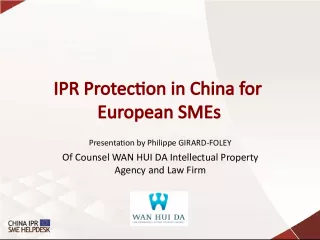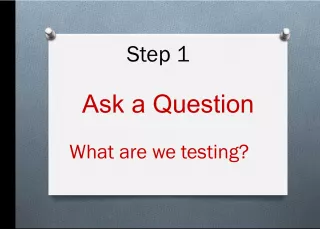Korematsu v U.S. (1943) - The Supreme Court Case that Tested Constitutional Guarantees
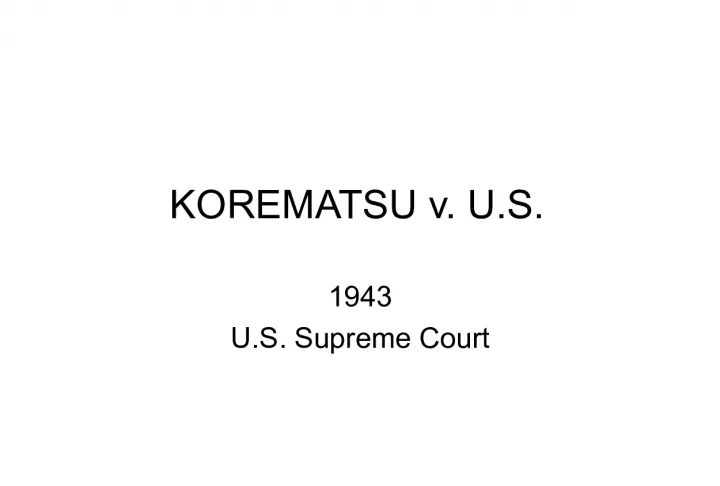

The aftermath of Pearl Harbor bombing brought about hysteria in the United States, prompting the government to issue Executive Order 906
- Uploaded on | 0 Views
-
 bently
bently
About Korematsu v U.S. (1943) - The Supreme Court Case that Tested Constitutional Guarantees
PowerPoint presentation about 'Korematsu v U.S. (1943) - The Supreme Court Case that Tested Constitutional Guarantees'. This presentation describes the topic on The aftermath of Pearl Harbor bombing brought about hysteria in the United States, prompting the government to issue Executive Order 906. The key topics included in this slideshow are . Download this presentation absolutely free.
Presentation Transcript
Slide1KOREMATSU v. U.S.1943 U.S. Supreme Court
Slide2Facts of the Case• Bombing of Pearl Harbor Hysteria • Executive Order 9066 – excluded certain people from west coast military zones • Fred Korematsu was a US citizen in San Francisco • Failed to report for exclusion and was arrested, tried and convicted
Slide3Constitutional Issues5 th Amendment • Due process to be denied life, liberty or property 14 th Amendment • Citizenship • Guarantee of due process under the law
Slide4ArgumentsFor Korematsu: • Denied liberty • No loyalty hearings • Purely racial in nature • President exceeded his authority For the US: • Military necessity made it necessary • Insufficient time to determine loyalty • State of war existed giving president the authority • Not racial – the attack was by the Japanese
Slide5Korematsu v. U.S. Decision• 6-3 Decision in favor of the U.S. • Opinion written by Justice Hugo Black • Reasons: 1. Must give military right to protect the nation 2. Time did not permit distinction between loyal and disloyal 3. Hardship is a part of war for all citizens 4. Not racial but because we were attacked by Japan
Slide6Dissenting Opinions• Believed that the motivation was racial • Called it a flagrant violation of due process of law • Time factor wasn’t valid because it continued for months after danger of attack was gone Korematsu received the Presidential Medal of Freedom in 1998. He died in 2005.
